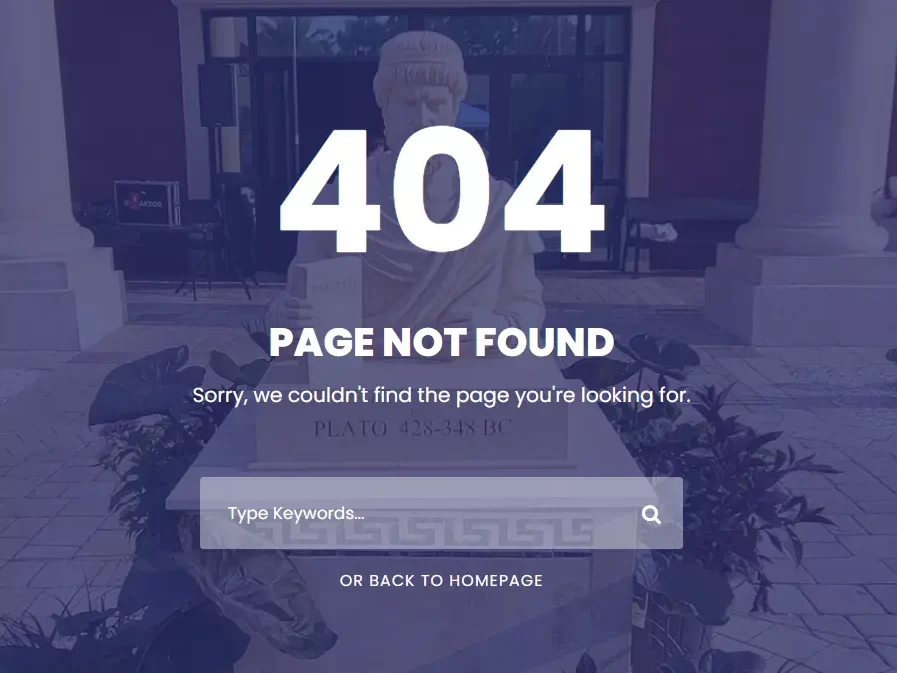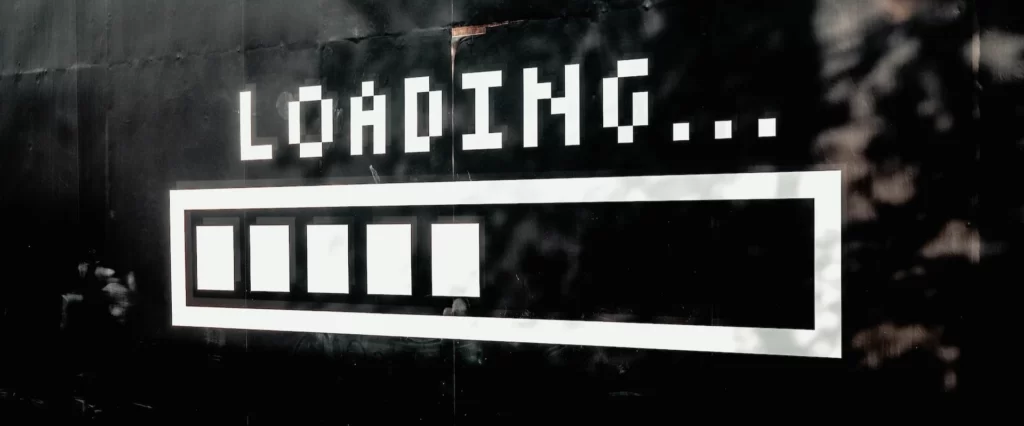Users look for products, services, information, and much more through search engines daily. However, without proper optimization of your website, it can be difficult to stand out from the competition. This is why having a website alone is not enough. You must make sure that your site ranks well in the search engine results pages.
In today’s digital landscape, search engine optimization (SEO) is a major factor in the success of any marketing campaign. Unfortunately, not all SEO efforts are effective and one wrong move can have long-lasting repercussions for a website’s ranking. The worst? Blacklisted.
To ensure the best results, it is essential to avoid making any SEO mistakes from the start. So, let’s check out what you should AVOID when it comes to developing a search-optimized website.
Avoid These Mistakes When Developing A Search-Optimized Website
Search Engine Optimization is a complex and ever-changing area of marketing. It requires both on-site and off-site optimization tactics to make a website more visible in search engines such as Google and Bing. Most importantly, you want to stay away from any practices that will hurt your ranking. Now, onto what you should avoid!
Blackhat SEO
Blackhat SEO refers to practices that are not approved by search engines, but could still potentially increase a page’s ranking in SERP. These techniques violate the terms of service of search engines, and can even lead to a website being blocked from appearing on the search engine and its affiliates.
Google’s Webmaster Guidelines and Bing’s Webmaster Guidelines have both publicly condemned these tactics. Therefore, it is very important to know what to ask and look for when hiring someone for SEO services. A few of these practices will be covered in more detail below, however, some of the more tricky ones to stay away from include:
- Cloaking: Showing different content to users and search engines.
- Doorway Pages: Pages created specifically for search engine crawlers. Generally keyword dense and little to no design.
- Sneaky Redirects: Sending a user to a different page than the one they requested.
- Hidden Content: Making text the same color as the background and hiding text behind an image or altogether off-screen.
- Malicious Pages: Phishing, viruses, trojans, or other malware.

Duplicate Content
Duplicate content can have a major impact on SEO. This happens when two webpages have very similar material or one page completely replicates the other. It’s important to note that duplication of content doesn’t necessarily need to be on the same website. It can also take place across different domains with comparable information. Furthermore, having the same material on multiple pages may cause confusion for both users and algorithms which could lead to a poor user experience and negatively affect search engine rankings.
Keyword Cannibalization
Keyword cannibalization is a phenomenon in which the same content and links are divided between two pages, instead of being consolidated into one. This causes your own pages to compete with each other for the same Google rankings. This leads to Google being forced to choose which page it thinks best suits the matching keywords. In other words, you’re essentially “cannibalizing” your own results by having these two pages battle against each other.
Keyword Stuffing
Have you ever seen a website whose content is filled with the same words or phrases repeated over and over again? They are likely a culprit of “keyword stuffing”. Aside from being a shady practice that angers the ranking system, it can also create a poor user experience and mean your website content/copy is shoddy. So what does it look like? Generally speaking, when you read your copy aloud and find that the keywords sound unnatural or strange, then chances are you’re guilty of this offense.
Link Spam
Link building was a large part of SEO rankings for a long time. However, search engines have drastically changed with the integration of more advanced AI and machine learning processes. In fact, our top SEO expert says that link building is dead! Even though this may be the case, people still stuff their website with links, and Google WILL flag your website for any links they consider spam. Per Google’s Guidelines, this can include, but is not limited to:
- Buying or selling links for ranking purposes.
- Widely distributed links in the footers or templates of various sites.
- Excessive link exchanges or partner pages exclusively for the sake of cross-linking.
Error Pages
Generally, 404 error pages should not have an effect on your websites ranking. Per Google, “Google’s indexing pipeline doesn’t consider URLs that return a 4xx status code for indexing, and URLs that are already indexed and return a 4xx status code are removed from the index.” However, inbound links can be a problem when they are pointing to a page that does not exist anymore. This leads us to our next issue, broken links and using redirects.

Broken Links
Negative impacts on SEO can be caused by having too many broken links. Aside from broken links being a headache for users, these links can also destroy conversions and lead to a higher bounce rate, less time spent on the website, and an inability to pass link juice. Overall, a few broken links on your website is unlikely to have a major effect on its ranking. However, too many dead links may signal to the ranking system that your website is outdated, which could hurt your SEO rankings. Therefore, be sure to use redirects to send users to the right place.
Blocking Googlebot
This one is pretty straight forward. For Google to properly rank your website and know what information is on your website, they use a Googlebot to scan and index your pages. Therefore, preventing Googlebot from crawling your website can have a severe impact on your organic search rankings. Without the ability to freely explore your site, all of the other hard work you’ve put into SEO will be for nothing!
Slow Page Speed
One factor that Google’s ranking system takes into consideration is the page speed of a website. With that in mind, you want to avoid slow load times. Some of the things you can do to help your website’s page speed include:
- Optimize images: We recommend using .webp format. Raw images will consist of larger files with unnecessary background information.
- Choose good hosting: A slow server won’t do you much good.
- Limit redirects
Furthermore, don’t forget to check and optimize mobile load times.

Poor Site Structure
Having a well-structured site is essential for both search engine optimization and user experience. Good architecture can help your pages rank higher on Google as it enables the search engine to identify and index all of your pages correctly. This is an important step towards appearing in SERPs. Some ways to improve your site structure include:
- Structured Website Hierarchy: Group related content together and have a logical order.
- Optimize URL Structure: Short and simple is better.
- Utilize Internal Links: But don’t overdo it.
When in Doubt, Call the Experts
In truth, there are a ton of guidelines to follow when it comes to proper SEO markup on your website. It can be an extremely daunting and research-heavy topic if you don’t already know what you are doing. Since it is so important to properly develop a search-optimized website, we highly suggest hiring a professional.
Trust us, you don’t want to be blacklisted… then no one will find your website. If you are ready to transform your website into one that brings in search engine traffic organically, you know who to contact. The cyberlicious® team.


